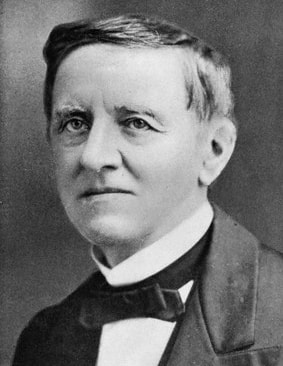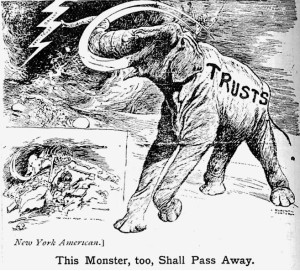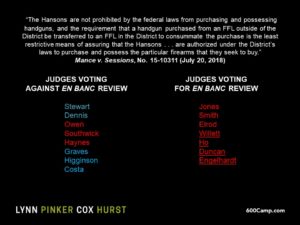 In Tesla, Inc. v. Louisiana Automobile Dealers Assoc., the Fifth Circuit addressed Tesla’s challenges to Louisiana’s automobile dealership regulations, which prohibit manufacturers from selling directly to consumers and performing warranty services for cars they do not own.
In Tesla, Inc. v. Louisiana Automobile Dealers Assoc., the Fifth Circuit addressed Tesla’s challenges to Louisiana’s automobile dealership regulations, which prohibit manufacturers from selling directly to consumers and performing warranty services for cars they do not own.
- Due Process. The Court found that Tesla had plausibly alleged a due process violation. The Commission’s composition, with members who are direct competitors of Tesla, created a “possible personal interest” that could bias their decisions, which was sufficient for the Rule 12 stage.
- Antitrust. From there, the Court vacated and remanded the dismissal of Tesla’s antitrust claim, noting that the due process ruling fundamentally altered the grounds on which Tesla’s alleged antitrust injury was based. Tesla’s allegations of exclusion from the market due to the Commission’s actions could constitute a plausible antitrust injury.
- Equal Protection. The Court affirmed dismissal of Tesla’s equal protection claim, concluding that preventing vertical integration and potential abuses of market power were legitimate state interests justifying the regulations.
A dissent saw matters differently, focusing primarily on the due-process claim and its reliance on board structure. No. 23-30480, August 26, 2024.
























